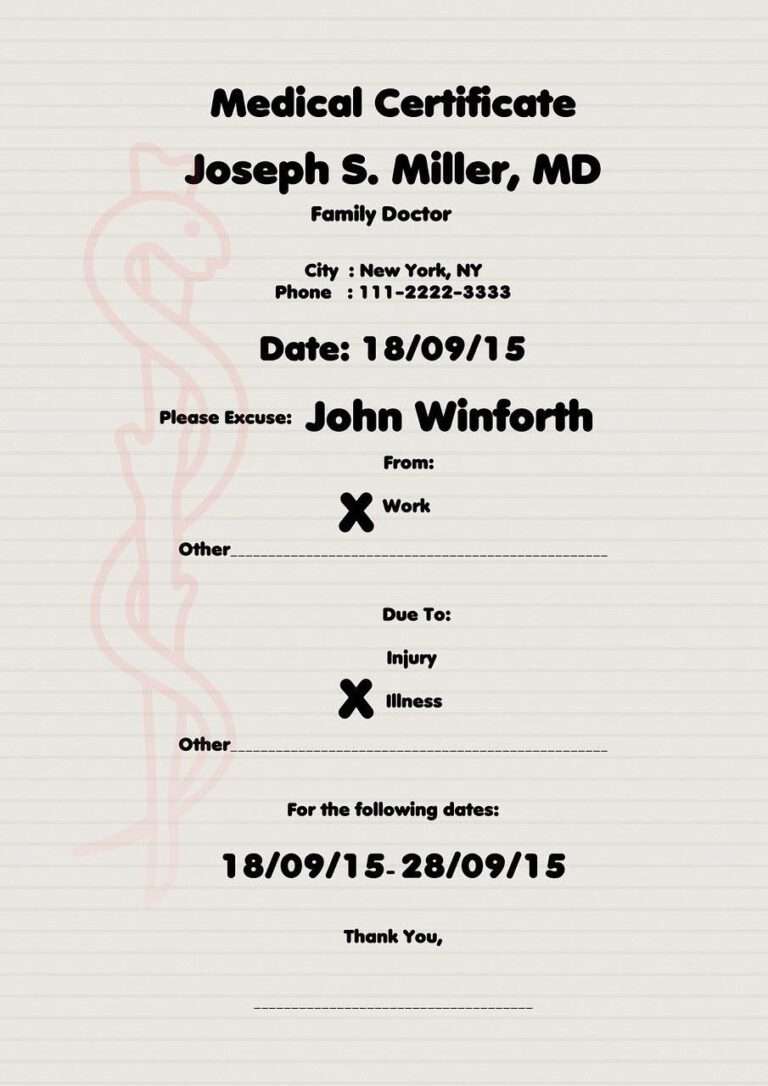GÖTZ | Lawyers
your strong partner in labor law in Heidelberg
GÖTZ | Lawyers
Your strong partner in labor law in Heidelberg.
| We help you get your rights
- are you looking for an assertive and technically excellent lawyer in labor law?
- are you an employer or employee and need employment law advice or support?
- do you expect personal and binding advice at the highest level?
- do you not only want a “knowledge provider” at your side, but are you also looking for a “skills provider”?

Years of experience
as a former labor judge, in-house lawyer and lawyer.

hybrid law firm
State-of-the-art communication and advice: online advice or on site. We can do both.

Other Partners
With a strong network of cooperation partners, almost any project can be implemented.
| Who we are
We are a law firm based in Heidelberg that specializes in providing employment law advice to specialists, managers and companies.
We advise throughout Germany with many years of experience and a very broad knowledge of collective and individual labor law.
Our clients include well-known international corporations, medium-sized global market leaders and small, up-and-coming companies as well as specialists and managers. With us you will meet:
- Experience
- Knowledge & skills
- and above all: a sense of proportion

| Services
- comprehensible advice to the point on labor law and employee data protection
- in-court and out-of-court representation in labor law disputes
- transparent, flexible and modern advice without unnecessary escalation and costs
- personal accessibility without an anteroom - if necessary even outside normal business hours
- fast response times and contemporary communication
- as a hybrid law firm, online advice is just as possible as on-site advice in Heidelberg, Mannheim or nationwide.

Professional excellenceZ
many years of experience and in-depth knowledge will lead you to success

Modern law firm
understandable advice, contemporary communication and excellent accessibility

Together to the goal
we solve your challenges together







